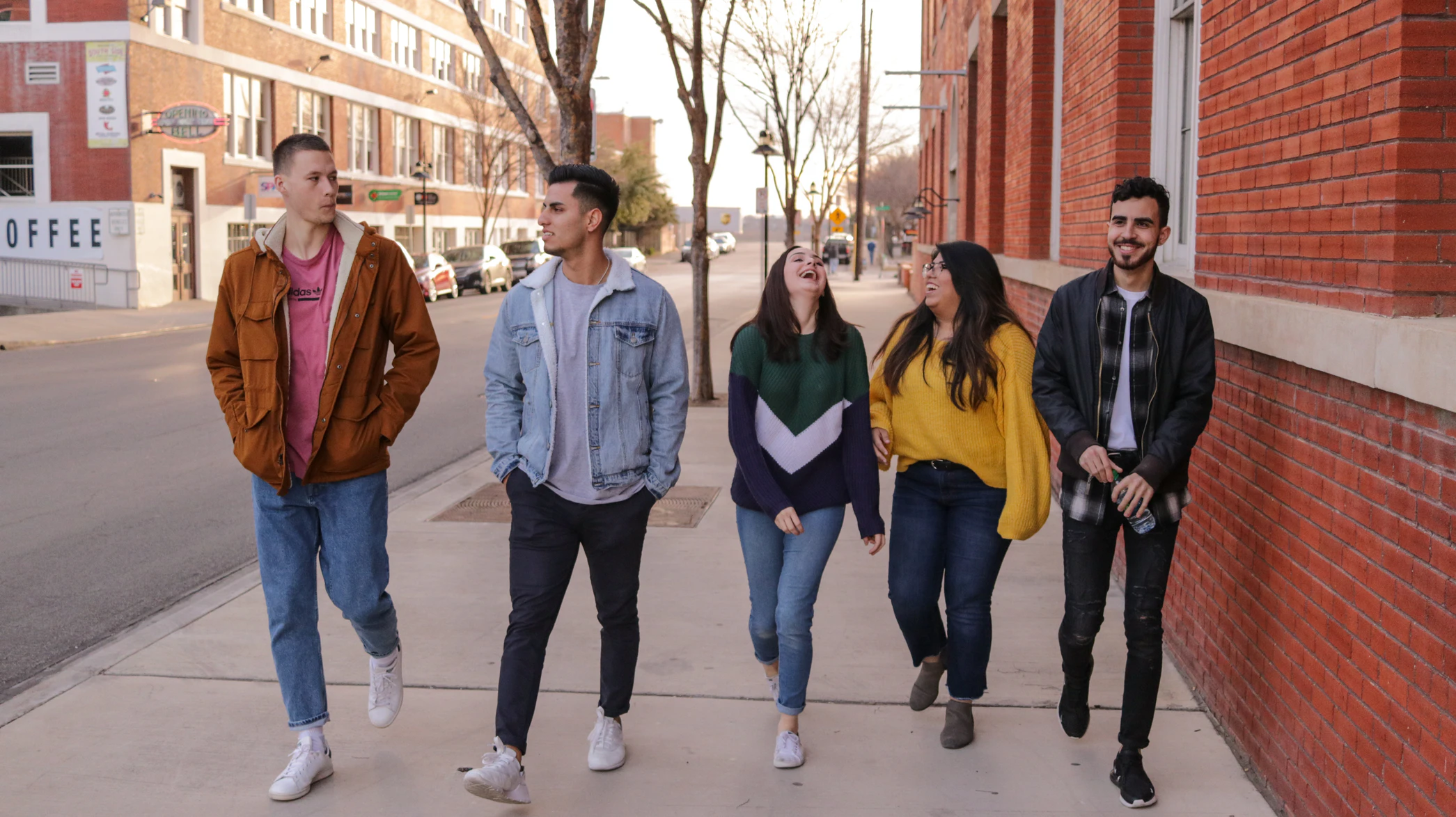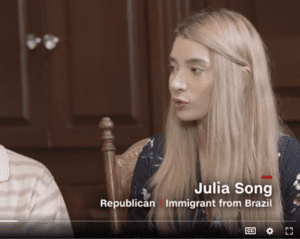By Sophia He
As inevitable navigators of society and the internal mind, we are all , right at this moment, going through experiences that shape our values and political beliefs. For teenagers, schools are a major part of their lives and play an indispensable role in the shaping of these values, whether intentionally or not.
A high school student myself, I go to a Catholic girl’s school. For one of our assignments, we are asked to write about any issue we care about and deliver a speech. One student chose the topic of abortion and expressed her own views during the speech. During and after the speech, many students among the audience expressed disagreement with her views and were even in disbelief that she brought it up. The issue of abortion entails many aspects, including religion, which within the context of my school, might be more sensitive. One student even confronted her, though not intending to start a discussion of the subject matter itself. The “news” then spread to more people, and there seemed to be a clear majority of those who opposed her views, and the minority.
I realized that the world I see on a daily basis is so limited when compared to that of the entire society. It might make it hard to be exposed to opinions that are different from our own, as we both influence and are influenced by the limited amount of people around us. In addition, a lack of mutual openness in discussion might contribute to this further by creating a stark divide between a majority and a minority in a certain environment, leading to political polarization.
Although already a problem in itself, political polarization in a school setting might lead to the silencing of one voice in comparison to another. Such lack of diversity might steer one’s beliefs in a more singular direction, especially when they are still in the process of formation, since the teenage years are when values start to substantiate. More importantly, people whose beliefs are influenced by their environment might not be conscious of such an external force.
Considering this situation, before being able to trust the liberal or conservative perspective, the precondition is to be exposed to beliefs different from their own, and above all, to have an open heart that allows for those differences. Such efforts are hard enough, and increasingly so, beyond the school sphere; sometimes, it is not because there are no different voices, but because people refuse to listen to them. However, in school settings, the situation is perhaps even more dire, because there might be a lack of different voices in the first place. I believe, though, that different voices always exist. It is just a matter of whether we have the eyes to see them.
Through my past experiences participating at Living Room Conversations, I was able to learn about the perspectives of people who differ from me in terms of race, gender, age, and so many more aspects. The conversation guides and agreements provided a relatively safe space where people, despite possessing different ideas, listened to one another with respect. With these motivations in mind, today, as a member of the Youth Council at Living Room Conversations, I, together with the whole Youth Council team, aim to bridge across the differences both among the younger generations and with other groups of people. We hope to get closer to our vision where all different voices join together in polyphony like a choir, where we welcome instead of reject differences, and where, through learning about ours, we learn more deeply about ourselves and the values we truly care about.


